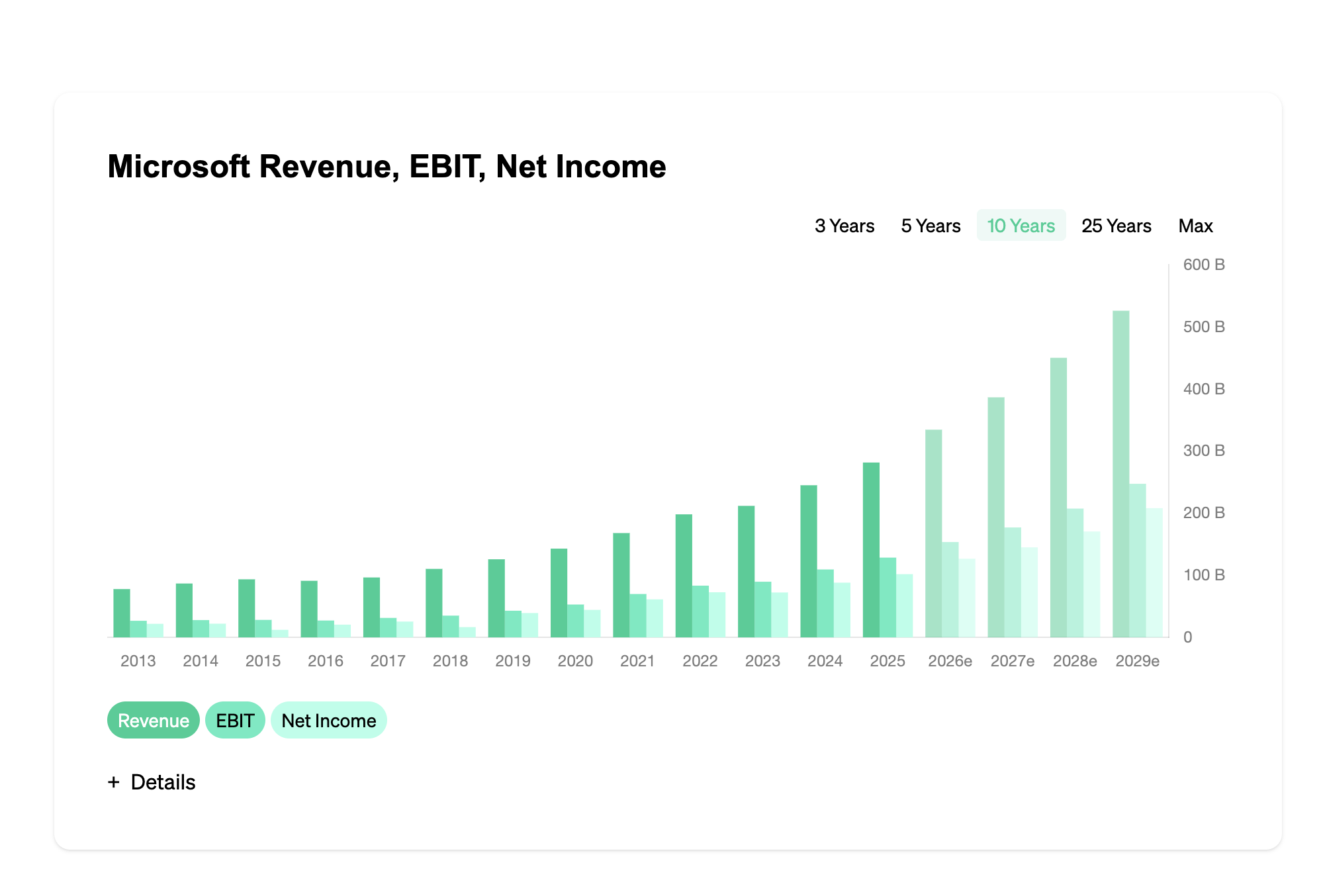Expropriation
Definition und Erklärung
TL;DR – Kurzdefinition
Zu den FAQs →Expropriation: Expropriation is a legal term referring to the act of a government seizing or confiscating private property without the consent of the owner, usually for public use or national interest. This action is authorized under the principle of eminent domain, which grants governments the power to acquire privately owned assets in exchange for fair compensation. Expropriation can occur in various forms, including direct confiscation or the imposition of regulatory measures that devalue or restrict the use of the property. Regardless of the method employed, the key characteristic of expropriation is the involuntary transfer of ownership or control, often resulting in significant financial implications for the affected party. In the context of capital markets, expropriation poses a considerable risk to investors, particularly those investing in foreign markets or industries where governments exert significant control. While expropriation is generally carried out by emerging or unstable economies, it can also occur in developed nations during times of political or economic turmoil. It is crucial for investors to carefully assess the risk of expropriation before committing their capital, as it can have a substantial impact on the viability and profitability of an investment. Expropriation often arises in sectors such as natural resources, utilities, or infrastructure, where governments may seek to assert control over key assets to further their national interests. This may involve taking over privately owned oil fields, mines, transportation networks, or other critical facilities. From a legal perspective, expropriation must comply with the principles of national and international law, which typically require the payment of fair and prompt compensation to affected parties. However, the determination of "fair" compensation can be a contentious issue, and disputes over valuation and compensation terms are not uncommon. To mitigate the risk of expropriation, investors can undertake comprehensive due diligence and carefully evaluate the political and regulatory environment of the target investment. This assessment may include an analysis of historical expropriation instances, the legal framework surrounding property rights, the stability of the local government, and any bilateral investment treaties or international agreements in place to protect foreign investors. In conclusion, expropriation represents a significant risk for investors, particularly those participating in capital markets characterized by political volatility or government interventions. A solid understanding of expropriation, its potential consequences, and the appropriate risk mitigation strategies is crucial for any investor seeking sustainable returns in an ever-changing global investment landscape. Eulerpool.com is dedicated to providing comprehensive and up-to-date information on a wide range of financial topics, including this glossary, to empower investors with the knowledge required to make informed investment decisions.
Ausführliche Definition
Häufig gestellte Fragen zu Expropriation
Was bedeutet Expropriation?
Expropriation is a legal term referring to the act of a government seizing or confiscating private property without the consent of the owner, usually for public use or national interest. This action is authorized under the principle of eminent domain, which grants governments the power to acquire privately owned assets in exchange for fair compensation.
Wie wird Expropriation beim Investieren verwendet?
„Expropriation“ hilft dabei, Informationen einzuordnen und Entscheidungen an der Börse besser zu verstehen. Wichtig ist immer der Kontext (Branche, Marktphase, Vergleichswerte).
Woran erkenne ich Expropriation in der Praxis?
Achte darauf, wo der Begriff in Unternehmensberichten, Kennzahlen oder Nachrichten auftaucht. In der Regel wird „Expropriation“ genutzt, um Entwicklungen zu beschreiben oder Größen vergleichbar zu machen.
Welche typischen Fehler gibt es bei Expropriation?
Häufige Fehler sind: falscher Vergleich (Äpfel mit Birnen), isolierte Betrachtung ohne Kontext und das Überinterpretieren einzelner Werte. Nutze „Expropriation“ zusammen mit weiteren Kennzahlen/Infos.
Welche Begriffe sind eng verwandt mit Expropriation?
Ähnliche Begriffe findest du weiter unten unter „Leserfavoriten“ bzw. verwandten Einträgen. Diese helfen, „Expropriation“ besser abzugrenzen und im Gesamtbild zu verstehen.
Leserfavoriten im Eulerpool Börsenlexikon
Awareness Marketing
Awareness Marketing, auch bekannt als Bekanntheitsmarketing, ist eine Marketingstrategie, die darauf abzielt, das Bewusstsein für eine Marke, ein Produkt oder eine Dienstleistung zu steigern. Diese Art des Marketings zielt darauf...
Erdüberlastungstag
"Erdüberlastungstag" bezieht sich auf den jährlichen Earth Overshoot Day, welcher das Datum darstellt, an dem die menschliche Nachfrage nach natürlichen Ressourcen die Kapazität der Erde übersteigt, diese Ressourcen innerhalb eines...
Zoonose
Zoonosen sind Infektionskrankheiten, die von Tieren auf den Menschen übertragen werden können. Der Begriff "Zoonose" stammt aus dem Griechischen und bedeutet wörtlich übersetzt "tierische Krankheit". Als zoonotische Krankheiten sind sie...
Anlagegrundsätze
Anlagegrundsätze sind grundlegende Prinzipien oder Richtlinien, die von Investoren festgelegt werden, um ihre Anlagestrategien zu bestimmen. Diese Grundsätze dienen als Orientierung und sind ausschlaggebend für die Entscheidungen bei der Auswahl...
Einlastungsprozentsatz
Einlastungsprozentsatz ist ein Begriff, der in der Finanzwelt verwendet wird, insbesondere im Bereich der Kapitalmärkte. In der Kapitalmarkttheorie bezieht sich der Einlastungsprozentsatz auf den Prozentsatz des investierten Kapitals, der für...
Realkauf
Der Begriff "Realkauf" bezieht sich auf den Erwerb von Immobilien oder Grundstücken. Es handelt sich hierbei um eine Transaktion, bei der ein Käufer Eigentum an einer Immobilie oder einem Grundstück...
Schuldübernahme
Definition: Schuldübernahme (Debt Assumption) Die Schuldübernahme bezieht sich auf den rechtlichen Prozess, bei dem eine Partei die Schuldenverpflichtungen einer anderen Partei übernimmt. Dieser Begriff wird häufig im Bereich von Finanztransaktionen, Fusionen...
Finanzpodcaster
Ein Finanzpodcaster ist ein professioneller Moderator, dessen Leidenschaft für Finanzen und Wirtschaft dazu geführt hat, dass er seinen eigenen Podcast erstellt hat. In der Regel produzieren Finanzpodcaster regelmäßige Audio- oder...
Vertrag von Lissabon
Vertrag von Lissabon – Definition und Bedeutung im Kapitalmarkt Der Vertrag von Lissabon, offiziell als Vertrag über die Europäische Union bekannt, wurde am 13. Dezember 2007 unterzeichnet und trat am 1....
Stimmenkauf
Stimmenkauf is a financial term used to describe a practice in capital markets where a company or an individual attempts to gain control or influence over a corporation by purchasing...

